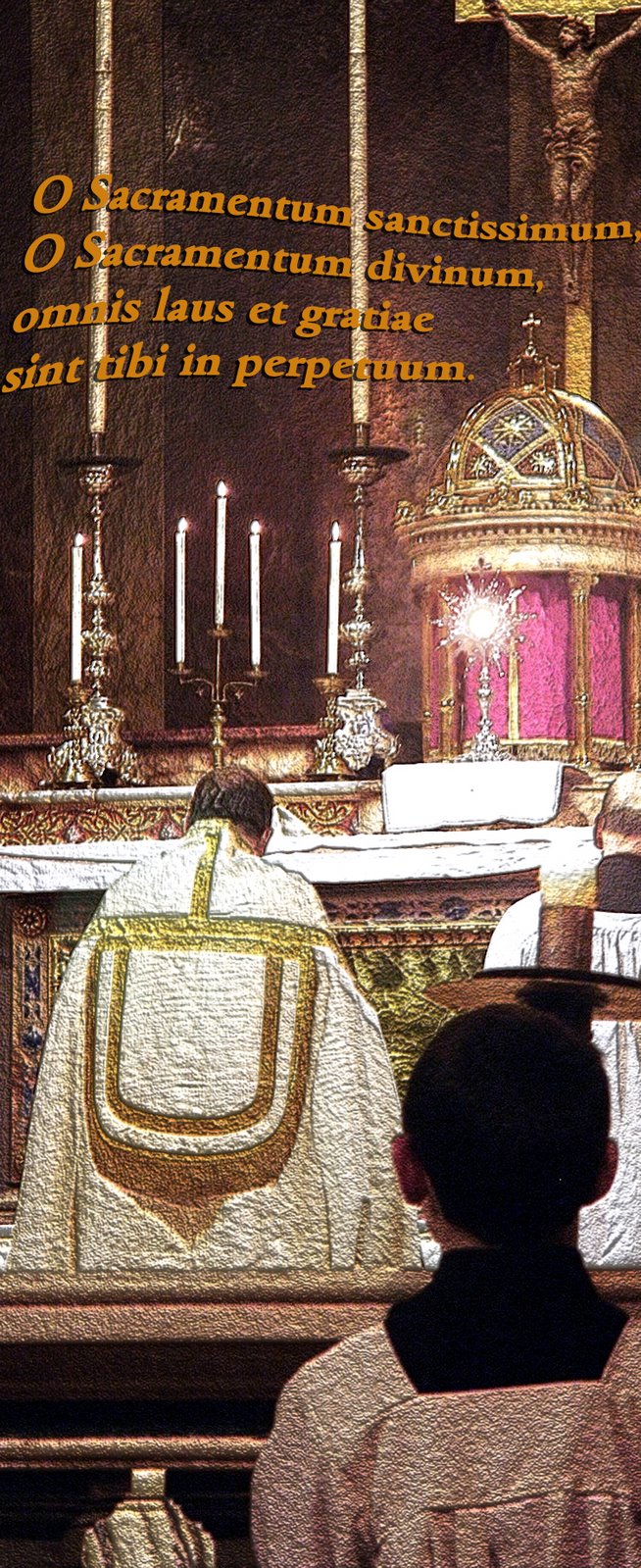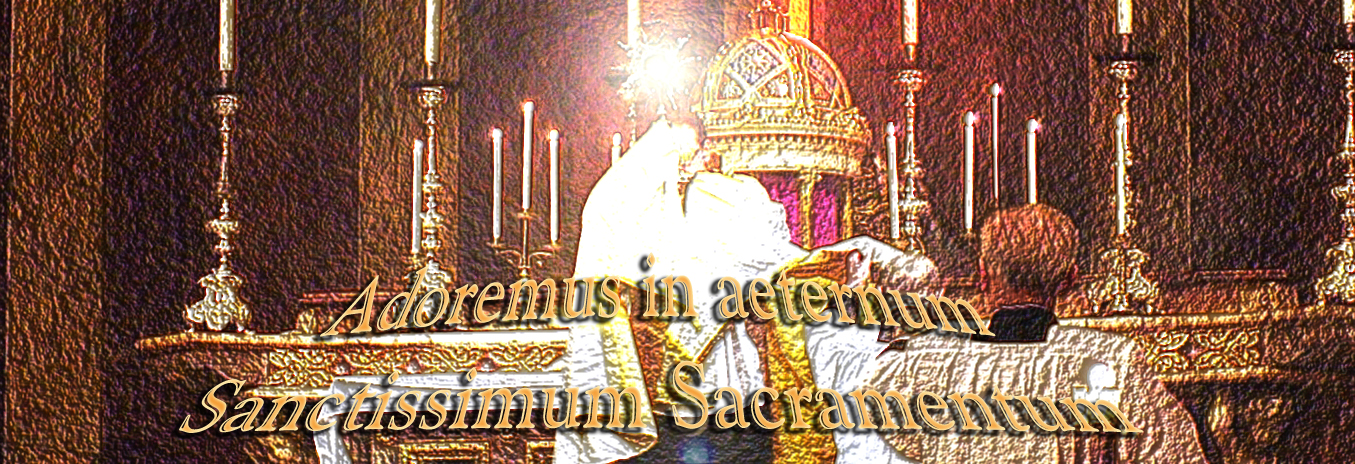St Jerome, when translating the Greek manuscripts of the Gospels into the Latin Vulgate, chose two versions differing in only one word.
The Lord's Prayer 4th Petition:
"panem nostrum COTIDIANUM da nobis hodie" (Give us this day our DAILY bread)
ἐπιούσιον
Epi-ousia (Gk) translated to Latin in two different ways:
1) Cotidianum (Lat in Mk Lk Jn and Sung Pater noster) "daily"
2) Supersubstantialem (Lt Vulgate; Mt only) "Supersubstantial" coined by St Jerome.
Definition:
1) Origen/Chrystostom/Jerome: necessary for existence (epi-ousia which is a combination of two established Gk words, see below) ie. supersubstantial
2) Or daily, in the more established Latin use. Is it a time frame? Eg supposedly seen on items in a grocery list on an ancient papyrus which then coincidentally went missing!
The Spiritual/physical interpretation is important for our understanding of what Jesus meant in this prayer. Even if it is just time frame- for today only? To last us tomorrow? Or impending finality and necessity to take all daily needs NOW! (the latter is a silly eschatological interpretation which takes modern root in opposition of America to reducing CO2 & fossil fuels)
This Greek word is ONLY used by Christians, as coined by the Holy Evangelists (Hapax Legomenan - Gk "only used once" / neologism) to capture a unique vernacular meaning from Christ. It isn't found anywhere else, but the Pater. No other context exists in literature. It is the ONLY adjective in the Lords Prayer. It cannot merely be a repetition of day (day after day) as cotidianum would imply.
Is Epiousi Sacramental, in describing the bread? Is it derived from Epi and Ousia? Or something else?
Epi = Super = above or beyond
Ousios as used in Homousios = con-substantialem (of one/same substance) something relating to the very existence of something beyond mere externals.
So this newer word given us by Jerome, Super-substantialem, places an interesting relationship of an overarching/ higher (epi) substance (ousia) with bread
?"Supernatural" another way of saying this
St Jerome was saying, a substance above anything else. Why? Perhaps because he marked St Matthew's Gospel out (put first in chronological order for a reason which is tradition) as an earlier use or meaning of the word, intended by the Gospel authors, for this uniquely Christian phrase.
Perhaps cotidianum was a poor initial translation of a difficult Greek word, one which had a greater meaning, and St Jerome sought to amend it, but wanted to continue a tradition of saying "cotidianum" which began later in Christian worship. If so, what an ingenious way of showing this evolution to modern readers! Amend only St Matthew's Gospel, because it is the first, most authentic recording of Christ's words from the ear of an Apostle himself!
So it means, then, a unique and timeless nourishment provided by God. Almost unspeakable in amazingness, "Super substantial!"
More than we could ever need ! Essential (á la Grocery list?!) and timeless or eternal in nature.
Fancy applying such an amazing term to bread!
Oremus (let us pray:)
Grant us, Father, your Supernatural bread that is eternally satisfying, apart from which we could never hope or need anything. May it please you to nourish us, in our time, with your Son, our Lord Jesus Christ, as we unite our lives to his in anticipation of seeing you in our heavenly home, with the Holy Spirit, One God, now and forever.
Amen.
Friday, February 10, 2012
Subscribe to:
Posts (Atom)














